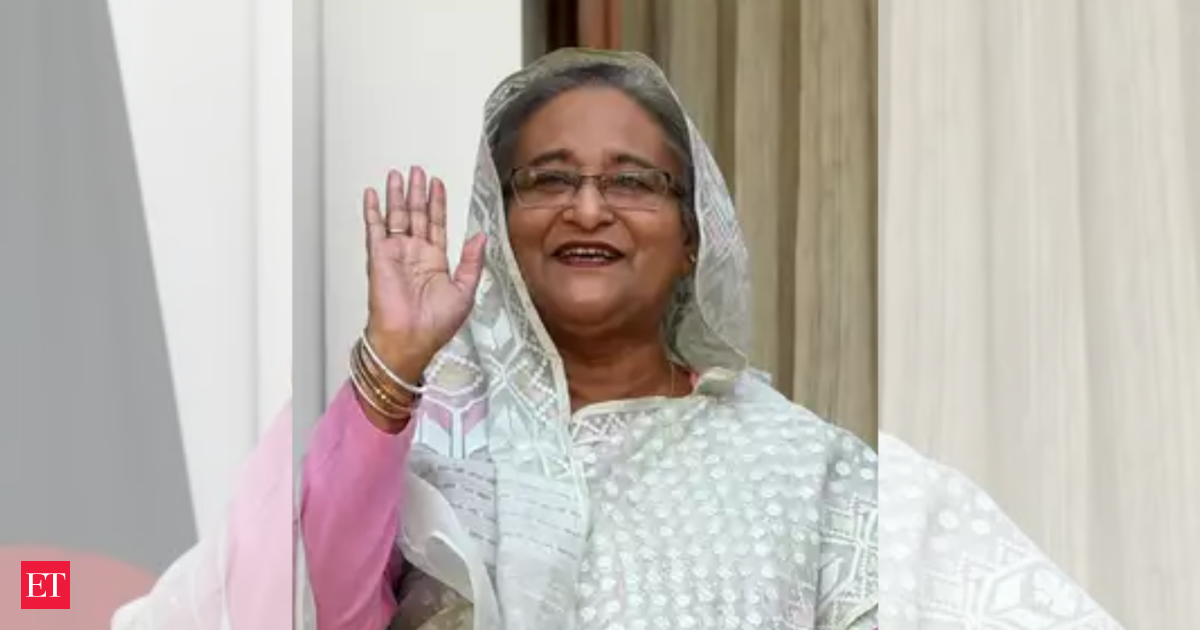The complainant’s lawyer, Gazi MH Tamim, confirmed on Thursday that the court has initiated the investigation, The Dhaka Tribune newspaper reported.
He said the investigation agency launched the probe on Wednesday evening.
Hasina-led Awami League and its affiliated organisations are also named in the petition.
The petition was filed by Bulbul Kabir, the father of Arif Ahmed Siam, a ninth grade student who was killed during the student movement against discrimination.
Kabir’s complaint accuses Hasina and others of orchestrating a violent crackdown on student protesters that resulted in numerous casualties and human rights violations. The complaint came on a day when the interim government said the killings between July 1 and Aug. 5 would be tried by the International Crimes Tribunal. Separately, a case of enforced disappearance was filed Wednesday against Hasina and others, including former cabinet ministers, on charges of kidnapping a lawyer in 2015.
A murder case was filed against Hasina and six others on Tuesday over the death of a grocery store owner during violent clashes last month that led to the downfall of her government.
Meanwhile, a Dhaka court on Thursday asked the police to submit by September 15 the investigation report of the case filed against Hasina and six others over the death of a grocery shop owner, Abu Saeed, in a police firing in the capital’s Mohammadpur area during quota protests on July 19.
Dhaka Metropolitan Magistrate Md Zaki Al Farabi fixed the date after the case was submitted to his court for the next course of action.
Student-led protests demanding reforms to government employment quotas evolved into a movement to overthrow the government in early August.
More than 230 people died in Bangladesh in the incidents of violence which erupted across the country after the fall of Hasina’s government on August 5, raising the death toll to 560 during the three weeks of violence.
Following Hasina’s resignation, an interim government led by Nobel laureate Muhammad Yunus was formed in the country, promising to undertake administrative and political reforms and hold those involved in the violence accountable.
Disclaimer:
The information contained in this post is for general information purposes only. We make no representations or warranties of any kind, express or implied, about the completeness, accuracy, reliability, suitability or availability with respect to the website or the information, products, services, or related graphics contained on the post for any purpose.
We respect the intellectual property rights of content creators. If you are the owner of any material featured on our website and have concerns about its use, please contact us. We are committed to addressing any copyright issues promptly and will remove any material within 2 days of receiving a request from the rightful owner.

